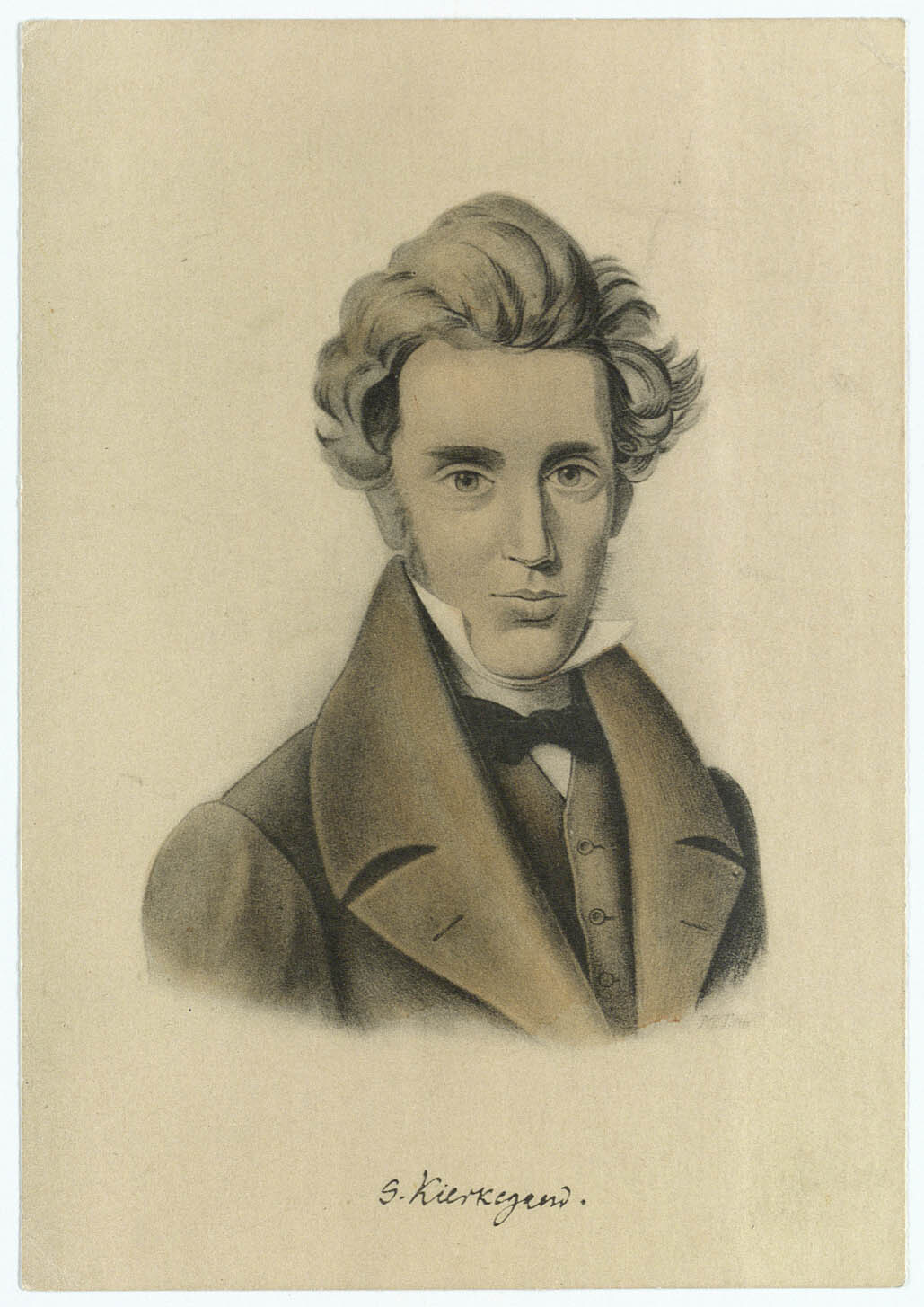The Productivity Trap: Kierkegaard on Why Restlessness Isn’t Righteousness
Are we truly growing — or just keeping busy? In today’s world, being busy feels like a moral good. We measure our days by how much we’ve done, and we […]

In the first part, Kierkegaard explores the concept of despair, which he defines as a sickness of the spirit, of the self, and, specifically, as the condition of not being oneself or not wanting to be oneself. Despair, in his view, arises from the imbalanced relationship between the finite and the infinite within the self, between the temporal and the eternal. He categorizes despair into different levels, from being unaware of one’s despair to the despair of not wanting in despair to will to be oneself. This section lays the groundwork for understanding the self’s complex structure as a relation that relates itself to its own self.
The second part shifts the discussion from a psychological and existential analysis of despair to a theological and ethical context. Here, Kierkegaard connects despair with the concept of sin, arguing that despair at its root is sin. Sin, for Kierkegaard, is not just a moral failing or a transgression of law but is deeply tied to the relationship of the self with God. It’s the state of not having faith, of a refusal to align one’s self with God’s will, leading to a self-imposed separation from God. Despair becomes sin when it is a conscious or unconscious state of resistance against God, and the only cure for this sickness unto death is through faith, by establishing a proper relationship with God.
Through these two parts, Kierkegaard offers a penetrating insight into the nature of human existence, the self, and the existential despair that stems from an improperly oriented relationship with oneself and God.

Søren Kierkegaard is a beacon in the philosophical firmament, whose insights into the human condition, individuality, and faith continue to illuminate the path for seekers of truth in the modern world.
Born in the early 19th century, his work defies easy categorisation, straddling the boundaries of philosophy, theology, and literature. Kierkegaard’s philosophy is a testament to the power of personal experience and the importance of individual choice amidst the uncertainties of existence.
His critique of societal norms and Christian dogma remains as piercing today as it was in his time, challenging us to confront the essential dilemmas of life with honesty and courage.
/ Author

As a person with a deep-rooted love of philosophy, I’ve always been drawn to texts that challenge and probe the depths of the human experience. My journey into the complex world of Søren Kierkegaard began as I studied the concepts of existence and theology. As I listened to talks and read books on the subject, I encountered his existential ponderings. This connection grew into a profound engagement with his work, something I found particularly challenging given the 19th-century writing style and complexity of the subject. My desire to better understand his work led me back to the original Danish text, culminating in the translation of “The Sickness Unto Death.” The process was both a philosophical pilgrimage and a linguistic endeavour, aiming to bridge 19th-century Danish thought with a 21st-century global readership. Through this translation, I aspired to illuminate Kierkegaard’s exploration of despair, faith, and the self, making it accessible and relatable. My hope is that readers will find not just an understanding of Kierkegaard’s ideas but also a mirror to reflect on their own existential questions.
/ Translator
Are we truly growing — or just keeping busy? In today’s world, being busy feels like a moral good. We measure our days by how much we’ve done, and we […]
What do you do when the life you’ve built no longer feels like it’s yours? For many, midlife arrives not with a crisis of age — but a crisis of […]
Sometimes the hardest part isn’t doing the right thing. It’s knowing what the right thing even is. We’ve all been there — stuck in that foggy, paralysing place between options. […]
